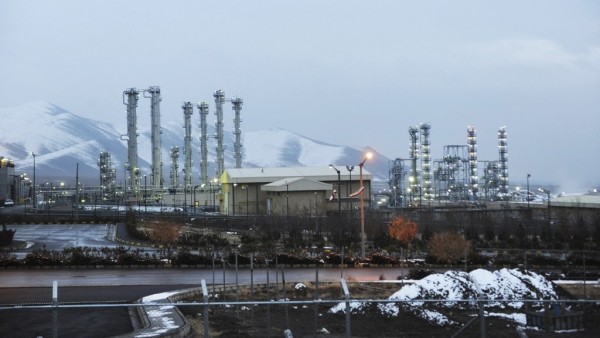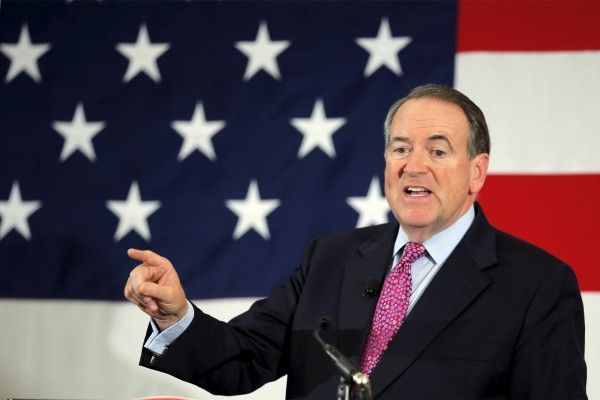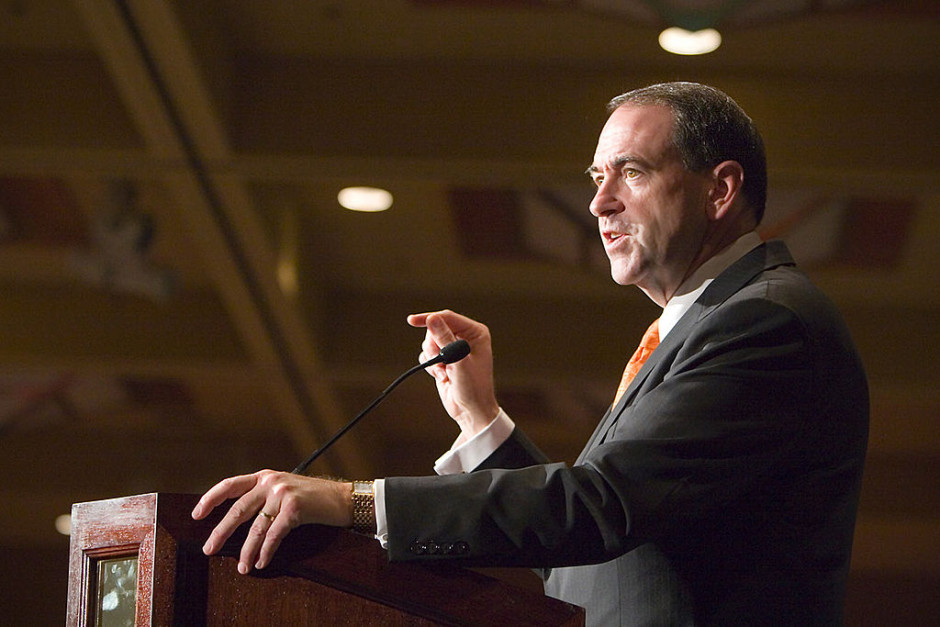The landmark nuclear agreement signed by the six major powers and Iran on July 14 was fundamentally an exercise in compromise, requiring Iran to curb and mothball its nuclear program in exchange for sanctions relief. According to U.S. President Barack Obama, it cuts off Iran’s pathway to joining the exclusive nuclear club, of which Israel is a member.
In a utopian world, Iran would have been forced to dismantle its militarized nuclear program, and crippling international sanctions would have remained in place until the Iranian government had fully complied with the agreement. This is what Israeli Prime Minister Benjamin Netanyahu essentially demanded. Iran, on the other hand, fought to preserve the status quo ante.
But after about 20 months of arduous negotiations, the United States and its partners — Russia, China, France, Britain and Germany — realized that no such deal was attainable in the real world. Iran would not have signed it, and the talks would have collapsed, leaving the mullahs in Tehran free to develop an atomic arsenal.

Under these fraught conditions, a nuclear arms race may well have been set off, and Israel might have been sorely tempted to bomb Iran’s nuclear sites, sparking a war in the Middle East.
Viewed through this prism, the nuclear agreement looks a lot better and more promising than its vociferous critics in Israel and the United States contend.
Yesterday, five former American ambassadors to Israel — Daniel Kurtzer, James Cunningham, William Harrop, Thomas Pickering and Edward Walker Jr. — sent a letter to the U.S. Congress in support of the accord. Congress has two months to review it before passing judgment.
“No agreement between multiple parties can be perfect or without risks,” the ex-envoys write. “We believe that without this agreement, however, the risks will be much higher for the United States and Israel. We see no fatal flaws that should call for the rejection of this agreement and have not heard any viable alternative from those who oppose (its) implementation.”

These are sober, well considered words, uttered by former American diplomats who are familiar with Israel and the Middle East and who have dealt with its dizzying array of complex issues. Their observations should be taken seriously.
It would appear that Mike Huckabee, a Republican Party presidential candidate, is tone deaf to their sage words.
A few days ago, in a radio interview during which he denounced Obama’s foreign policy and urged Congress to reject the agreement, he declared, “He’s so naive he would trust the Iranians, and he would take the Israelis and basically march them to the door of the oven.”
Huckabee’s humanitarian concern for Israel is laudable, but his Holocaust-tinged, politically self-serving comments are lurid, inflammatory and reckless.
Does he really believe that Obama, a sincere friend of Israel, would knowingly endorse an agreement that would leave Israel at the mercy of Iran and condemn the Jewish state and its people?
Israel, a regional superpower, can well defend itself, as its skirmishes and wars have proved beyond a doubt. And while Iran uses proxies like Hezbollah and Hamas to harass and harm Israel, what makes Huckabee assume that this agreement will bring Israel to the precipice of a disaster? It’s a wild assumption that Republicans of his ilk can and will embrace.

And as Obama has correctly pointed out, this agreement is not about trust, but about verification. It will be meticulously monitored day and night by a corps of seasoned inspectors manning state-of-the-art detection equipment. Iran will be hard-pressed to cheat. And if it does, the United States and its partners can reimpose sanctions. If necessary, Washington has a military option at its disposal.
Huckabee should also be taken to task for claiming that the Obama administration does not treat Iran’s threats against Israel with the utmost seriousness. As he must know, Obama has repeatedly criticized Iran for threatening Israel, supporting Hezbollah and Hamas and denying the Holocaust. Furthermore, Obama has offered to bolster Israel’s military capabilities.
The wrangling over the agreement in the United States is laden with emotion. This is understandable, since the stakes are so high. But Huckabee’s scare-mongering rhetoric does not add a gram of value or enlightenment to the debate.
Indeed, his humbug rules him out as a credible candidate for the highest political office in the land.
